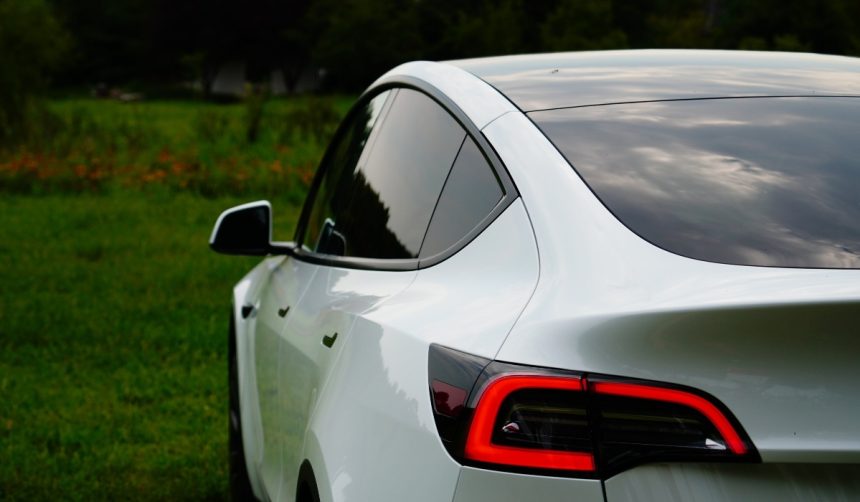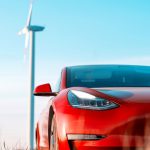Tesla’s prospects for 2026 are generating renewed discussion as Mizuho Securities revises its price target for the company’s shares. This adjustment comes as institutional investors maintain interest in both the electric vehicle maker’s product roadmap and leadership initiatives. Amid ongoing debate about the direction of electric vehicle adoption, Tesla’s future vehicle models and technological ambitions continue to attract attention from analysts. Recent moves by company executives—including a significant stock purchase—have added further weight to the analysis, prompting investors to reconsider near- and long-term scenarios for Tesla’s stock.
Earlier industry reviews of Tesla’s outlook noted the competitive pressure from global automakers and uncertainty from tariffs, which prompted some firms to lower projections for shipment volumes and revenue. Those reports focused on rising electric vehicle inventory and slowing demand as notable obstacles. This latest appraisal by Mizuho, increasing the share price target, contrasts with past skepticism, instead pointing to scaled-back tariff concerns and positive volume trends among major automakers. Other brokerages have also highlighted Tesla’s leadership in battery technology and artificial intelligence applications, underscoring the company’s enduring influence despite a crowded field of competitors, particularly in China.
What Is Driving the New Price Target?
Mizuho Securities has raised its price target for Tesla shares to $450, up from $375, citing a stronger outlook for the electric vehicle market by 2026. Analysts believe that supply chain and tariff hurdles appear less significant than previously assumed, bolstering confidence in the sector’s momentum. The production of electric vehicles across the industry continues to climb, supporting this upbeat assessment.
How Does Tesla’s Product Strategy Influence Projections?
Despite a modest reduction in expected 2026 delivery numbers to 1.91 million vehicles, Mizuho’s forecast still surpasses broader market consensus. The anticipated launch of lower-cost vehicles such as the so-called “Model 2,” alongside potential releases like the Robotaxi platform, are regarded as instrumental to Tesla’s future sales volume and competitive positioning. The firm stated,
“We see TSLA maintaining key leadership in the U.S. BEV market despite some near-term challenges.”
Are Leadership and Incentives Affecting Confidence?
Investor sentiment is also being influenced by internal company developments. The approval of Elon Musk’s compensation package and his decision to purchase $1 billion in Tesla stock have drawn attention from market observers, who interpret these moves as signals of long-term commitment. Mizuho highlighted their relevance in supporting ambitious projects related to autonomous driving and robotics, summarizing,
“These actions align incentives with Tesla’s long-term projects, including advances in autonomous technology and humanoid robots.”
Viewing Tesla in context with other industry players, some analysts note that even with growing numbers of competitors, particularly in advanced economies like China, Tesla still sets many of the benchmarks for battery integration and software-driven vehicle performance. While others are closing the gap on certain fronts, Tesla’s data collection and AI capabilities remain distinguishing assets. The current sentiment among brokerage firms signals confidence that Tesla’s strategy—spanning affordable vehicles to cutting-edge AI—will shape outcomes in the electric vehicle sector through 2026 and possibly beyond. Investors considering Tesla should focus on the balance between short-term volatility and the company’s stated commitment to product innovation and expanding production capacity. Tesla’s trajectory will likely continue to spark discussion, and how the company executes on its roadmap could be decisive in maintaining or shifting its leadership within an increasingly competitive auto industry.










